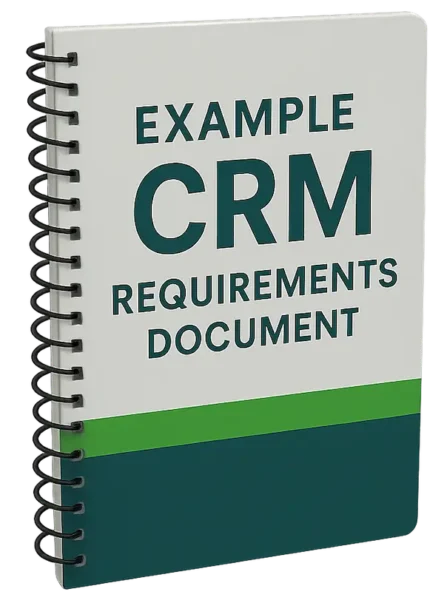Sales operations date back further than most people might think.
Neil Rackham is often credited with creating the first sales operations group at Xerox in the 1970s. Since then, sales operations has grown to become an integral part of a successful sales team.

As more and more technology has been introduced into the sales process, sales operations is frequently tasked with managing, developing, and supporting the tools, data, and services sales teams need to get their jobs done. This is where sales operations and CRM frequently converge.
What Is Sales Operations?
The definition of sales operations tends to vary from company to company. However, at a high level, a sales operations group is typically tasked with helping increase the productivity and effectiveness of the organization’s sales team by reducing friction in the sales process.
“Reducing friction” can involve a wide variety of things, such as:
- Software selection and implementation
- Best practices
- Support and maintenance
- Data Analysis
- Funnel management/process improvement
- Tools, process, and systems training
These tasks are things that, without a sales operations team, would fall to the sales team directly and take time away from their core focus on selling.
Where Does CRM Fit In?
Sales operations and CRM also have a long history together. As CRM has become one of the most widespread and embedded software tools in the sales process, the need to have a dedicated team overseeing it has grown.
One of the more common ways for employees to enter or transition into sales operations is by becoming a certified administrator of a popular CRM system like Salesforce, Dynamics, or SugarCRM.
CRM systems today frequently have a lot of moving parts. This includes vast customer and prospect information databases, sales automation tools, CRM artificial intelligence, dashboards, reporting tools, and other functionality.
Without dedicated personnel to implement and support all of these features, sales teams tend to get trapped in one of two scenarios:
1) Low/No User Adoption: This tends to happen when a CRM system is purchased and then basically dumped in the laps of sales staff to figure out on their own. Without an implementation strategy, training, or clear directives, the result is often low or no user adoption.
2) Data Chaos: If no captain is steering the ship, the crew tends to all go in different directions. With CRM, this means salespeople are all using the tools differently. This ultimately results in a CRM full of incomplete and/or inaccurate data management that can’t be used for crucial top-level decision-making and forecasting tasks.
To avoid these scenarios and other adverse outcomes of implementing a CRM system, every organization should try to have a dedicated CRM administrator (or two) overseeing the software. These admins will typically be part (or all) of a sales operations team.
Sales Reps Become Sales Operations Customers
It may sound odd initially, but one of the best ways to think about sales operations is that their “customers” are the company’s sales team.
When viewed from this perspective, it often empowers and enables sales reps to do their jobs more effectively. Giving them a dedicated person or team to go to for support removes the hazards and time-wasting of DIY solutions. It also frees up management and gives the sales team a place to go with their wants, needs, and ideas.
A good sales operations team can support their sales reps and learn to anticipate their needs and develop solutions in advance. This applies to CRM and all parts of the sales process and its tools.
Beyond CRM
While CRM is often a large piece of the puzzle in a company’s sales process, it’s rarely the only one. As sales and marketing continue to converge, sales operations teams are forced to implement and support an ever-growing list of tools and services.
This includes tools and services like:
- Marketing automation
- Email marketing
- Sales engagement
- Social media
All of the above have become vital pieces of the sales process. Customers now have many ways to research, compare, and engage with a company’s products and services. Sales reps need to be ready and able to reach and engage customers on whichever channels and/or platforms they prefer.
With so much technology to implement, support, and maintain, it’s more important than ever for businesses to take the idea of sales operations seriously.



